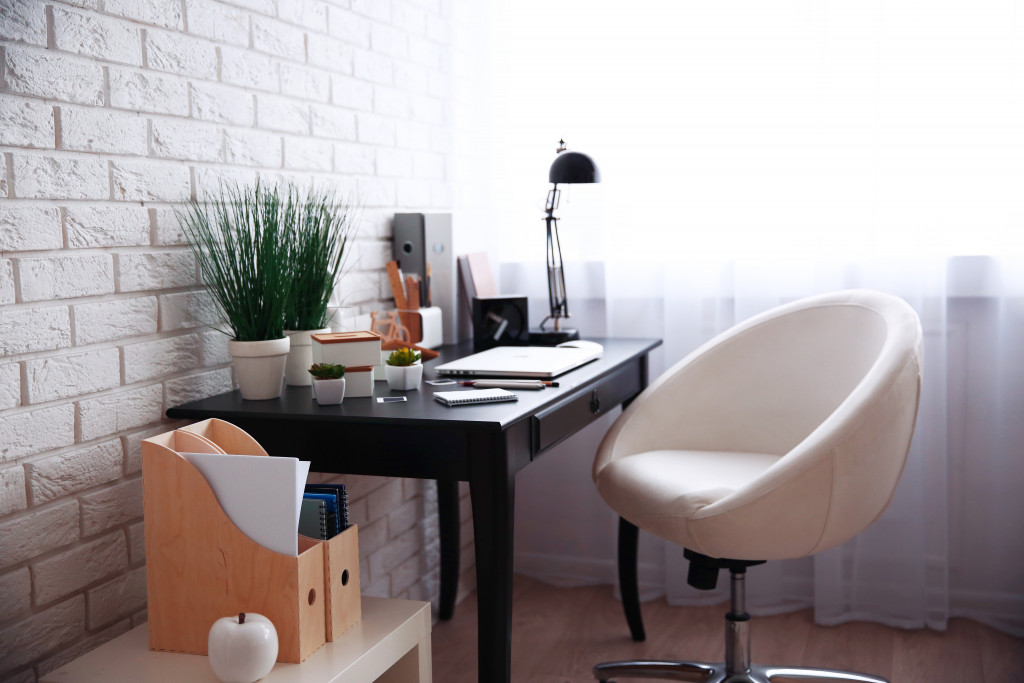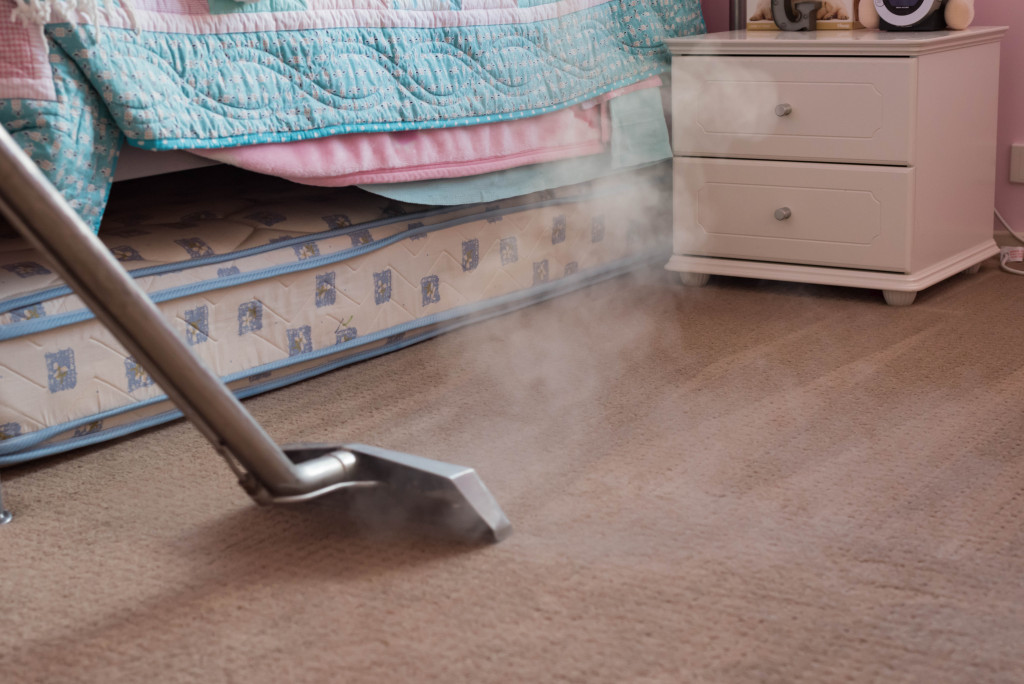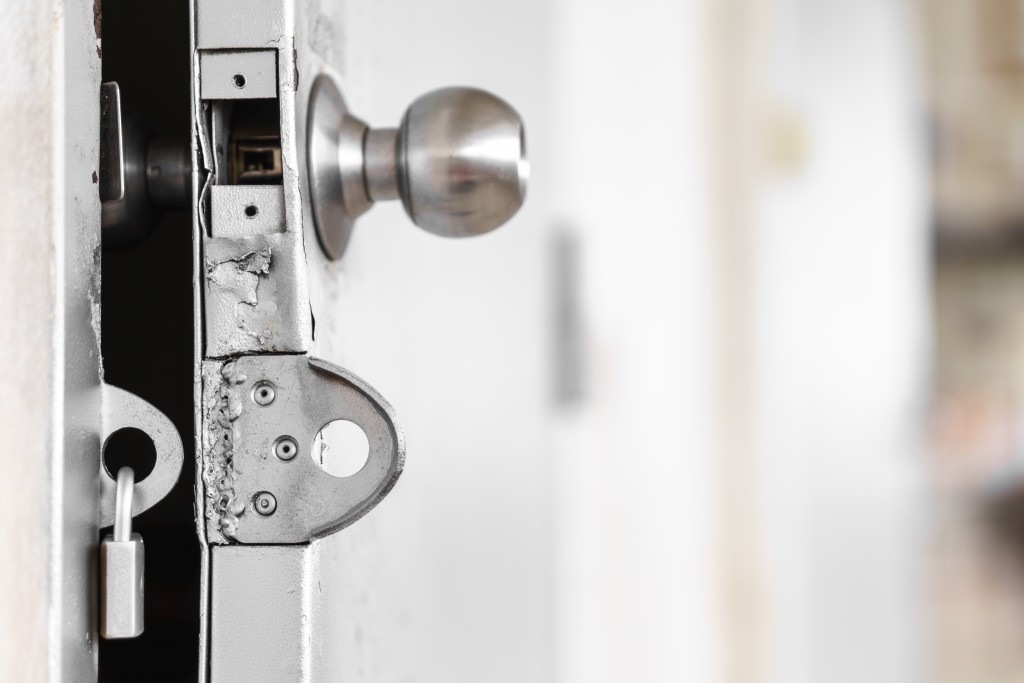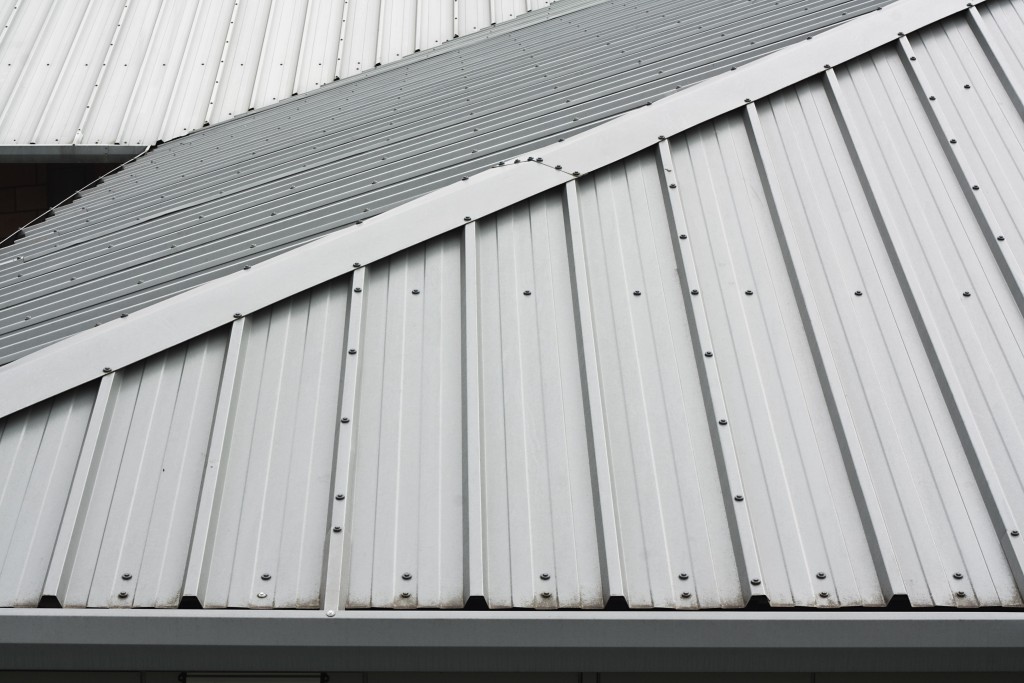Even after more than half a year, COVID-19 is still a serious threat to our health. Just because some areas are starting to reopen slowly doesn’t mean you should be complacent. Keeping up with home maintenance and sanitation is essential in reducing your risk of infection.
Sometimes it’s not enough that you keep the inside of your home spotless. It would be best if you took it a step further by doing some deep cleaning every once in a while. This means more intense and thorough disinfection. It involves covering every inch and every room to make sure that there is no bacteria growth.
If you haven’t already had it done, follow these deep cleaning requirements.
Clean the ventilation
When was the last time your air ducts were cleaned? If you notice that your ventilation isn’t as great as it used to be, that may be a sign that you need to do some cleaning.
Air vents are responsible for the circulation and filtration of airflow inside your home. It’s important in maintaining heat and pulling out dirty air. A lot of people tend to forget to clean their vents. As a result, they end up with moldy or dusty ducts. This can spread dirty air and make the people living inside sick. For those with allergies, it can trigger a reaction.
While it may be possible to clean it yourself, you likely don’t have the equipment needed to clean it properly. A High-Efficiency Particulate Air (HEPA) vacuum is needed to clean all the sides and suck in all the particles. A normal vacuum doesn’t have enough power to do that.
You would need to hire an air duct cleaning service for this job. It just is not worth it to buy a HEPA vacuum for your household because you only need to clean air ducts once every few years.

Disinfect all surfaces
Your tabletops and counters aren’t the only things that need to be cleaned. The Centers for Disease Control and Prevention (CDC) suggests that all common-touch surfaces need to be disinfected. This includes doorknobs, windows, railings, bed frames, lamps, light switches, and more.
Cleaning should be done before disinfecting. So if there are food stains or sticky areas on the surface, it needs to be washed with water and soap first.
Before disinfecting, make sure that you have proper ventilation to avoid inhaling anything. A diluted bleach solution is a usual mixture for cleaning. Note that there are some surfaces where bleach should not be used, such as wooden surfaces and granite countertops. The CDC recommends using bleach that contains 5.25 to 8.25 percent sodium hypochlorite. Anything less will not be as effective.
Wash covers, curtains, and sheets
Although it has a lower risk than hard surfaces, clothes and fabrics can still pass on viruses and bacteria. That’s why you need to have your covers and linens washed whenever you can, especially if you frequently go out or have guests.
More than just removing possible viruses, covers and curtains need to be cleaned regularly because it can collect dust and dirt in the air. Curtains, especially, are known for collecting dust from the window and creating dust mites.
When washing, make sure that you wear gloves so that you are not in direct contact with the items. Follow the washing instructions for the respective items and use warm water. Just wiping down or rinsing items don’t get rid of the virus. It needs to be accompanied by soap or some sort. Warm water also helps get rid of potential bed bugs that may be in there.
Change the filters
Air and water filters around your home are often neglected. From the HVAC to dishwashing filters, you have to check regularly if these need replacing. The very purpose of these filters is to collect the dirt and bacteria that pass by, so it’s important to keep them maintained.
The frequency of changing the filters depends on the items. The ones for dishwashers need to be changed every week, while HVAC and range hood vents can be changed every two months. Your fridge actually has a water filter too, and it needs to be changed every six months or less.
Cleaning your home is not just for preventing a virus, but it should be a regular practice in any household. While you don’t necessarily have to deep clean every year, doing a bit here and there can be a big help. It may seem like a full cleaning is a lot of work, but you can ease your nerves more knowing that your house has been fully disinfected.




